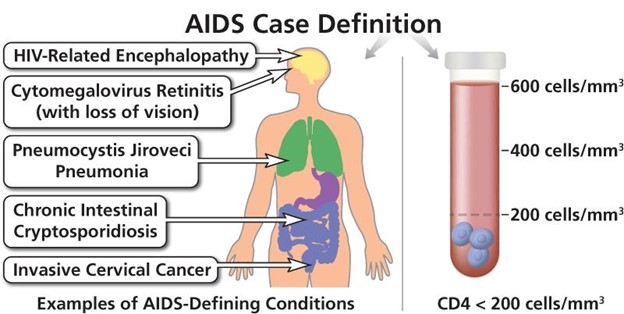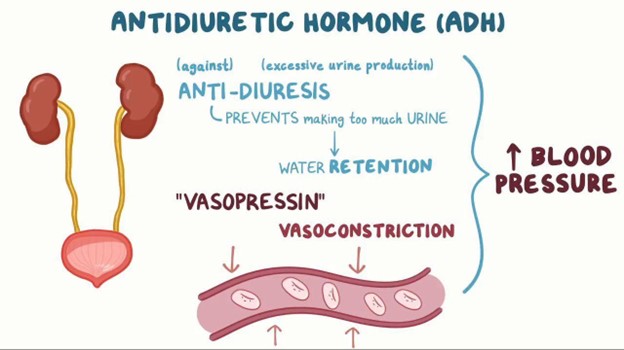The nurse is participating in a care planning conference for a patient with acquired immunodeficiency syndrome (AIDS). What is the nurse's highest priority in providing care to this client?
Instituting measures to prevent infection.
Providing emotional support.
Identifying risk factors related to contracting AIDS.
Discussing the cause of AIDS.
The Correct Answer is A
Choice A Reason: Instituting measures to prevent infection is the highest priority in providing care to this client, as AIDS impairs the immune system and makes the client susceptible to opportunistic infections that can be life-threatening.
Choice B Reason: Providing emotional support is an important aspect of providing care to this client, but it is not the highest priority, as it does not address the physical needs of the client.
Choice C Reason: Identifying risk factors related to contracting AIDS is not relevant for providing care to this client, as it does not help to improve the current condition or prevent complications.
Choice D Reason: Discussing the cause of AIDS is not essential for providing care to this client, as it does not affect the treatment or prognosis of the disease.

Nursing Test Bank
Naxlex Comprehensive Predictor Exams
Related Questions
Correct Answer is D
Explanation
Choice A Reason: Administering antispasmodic medications is not the first action that the nurse should perform, as it may not resolve the problem of urinary output or irrigation flow.
Choice B Reason: Notifying the provider is not the first action that the nurse should perform, as it may delay the intervention and worsen the outcome.
Choice C Reason: Offering oral fluids is not the first action that the nurse should perform, as it may increase fluid overload or bladder pressure.
Choice D Reason: Determining the patency of the tubing is the first action that the nurse should perform, as it may identify and correct any obstruction or kinking that prevents urinary output or irrigation flow.
Correct Answer is A
Explanation
Choice A Reason: Urine output 800 mL/hr is a sign of diabetes insipidus, as it indicates that the kidneys are producing large amounts of diluted urine due to the lack of antidiuretic hormone (ADH) or its action.
Choice B Reason: Blood glucose 198 mg/dL is not a sign of diabetes insipidus, but it may indicate diabetes mellitus or hyperglycemia.
Choice C Reason: Serum sodium 145 mEq/L is not a sign of diabetes insipidus, but it is within the normal range (135-145 mEq/L).
Choice D Reason: Urine specific gravity 1.028 is not a sign of diabetes insipidus, but it indicates concentrated urine due to dehydration or other causes.

Whether you are a student looking to ace your exams or a practicing nurse seeking to enhance your expertise , our nursing education contents will empower you with the confidence and competence to make a difference in the lives of patients and become a respected leader in the healthcare field.
Visit Naxlex, invest in your future and unlock endless possibilities with our unparalleled nursing education contents today
Report Wrong Answer on the Current Question
Do you disagree with the answer? If yes, what is your expected answer? Explain.
Kindly be descriptive with the issue you are facing.
